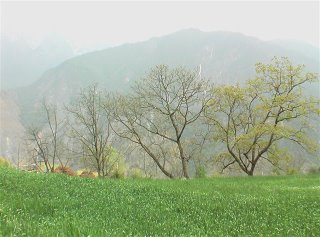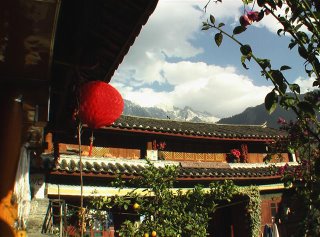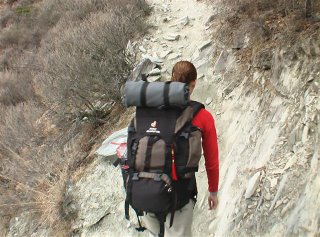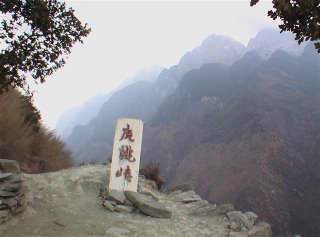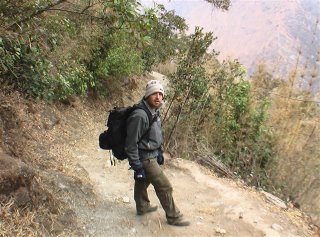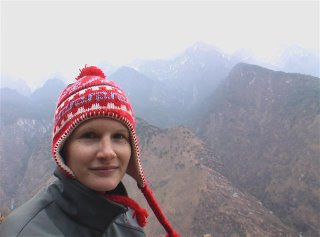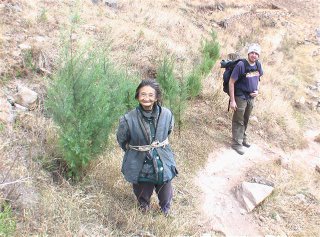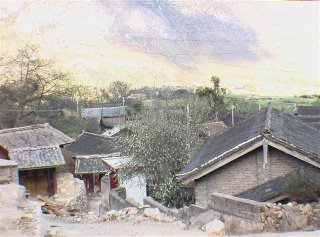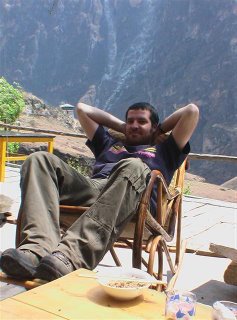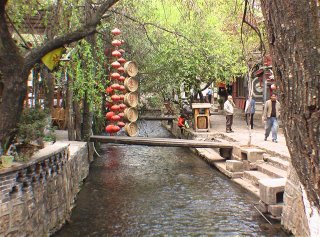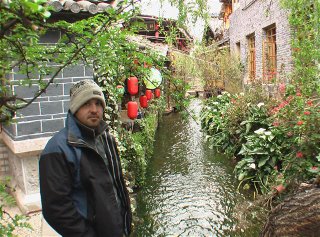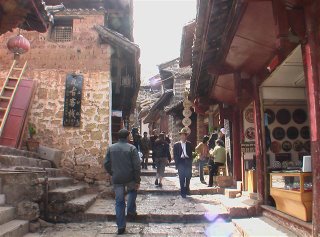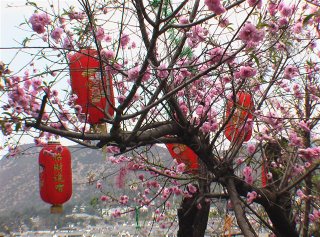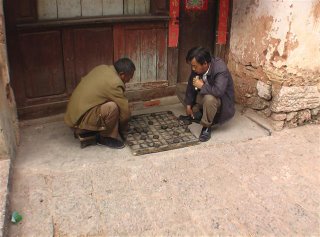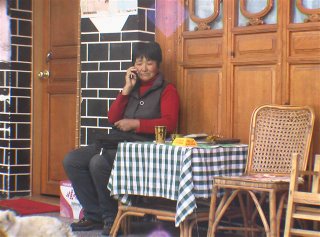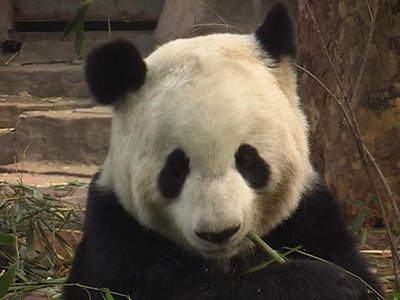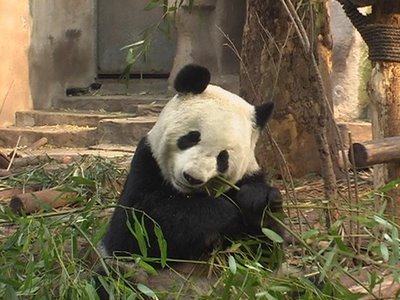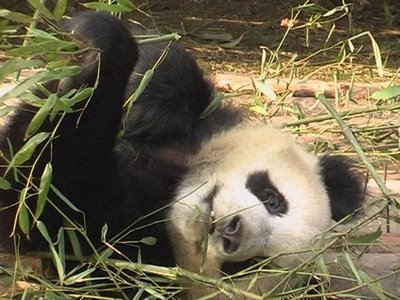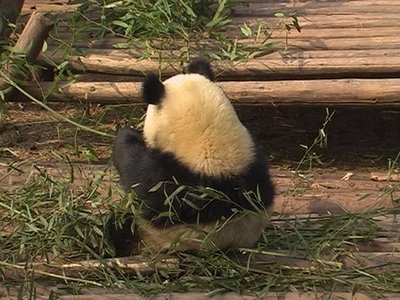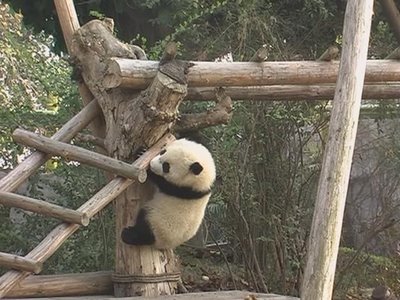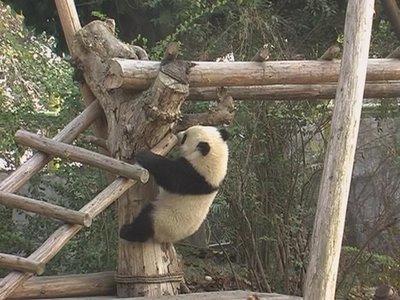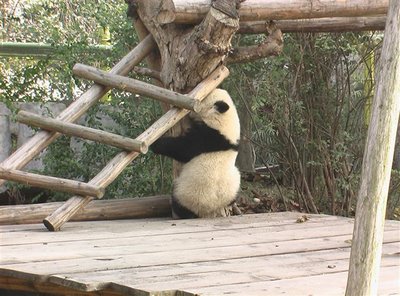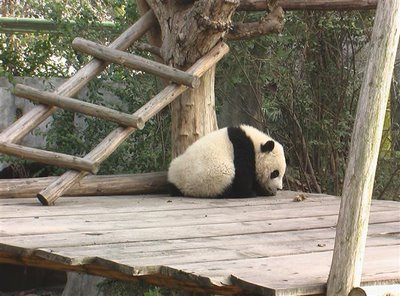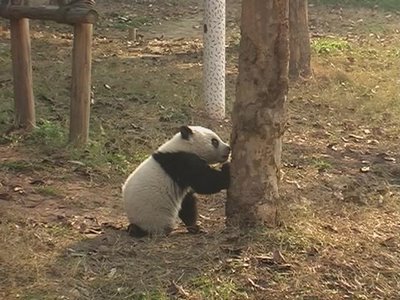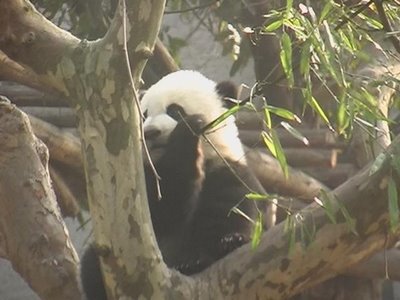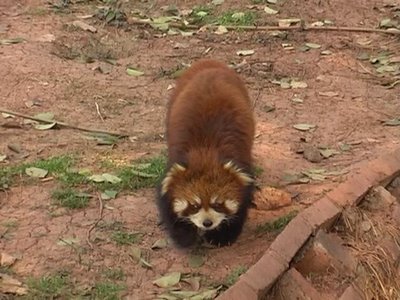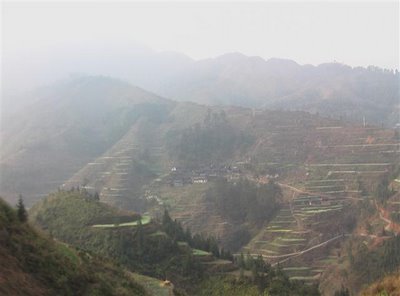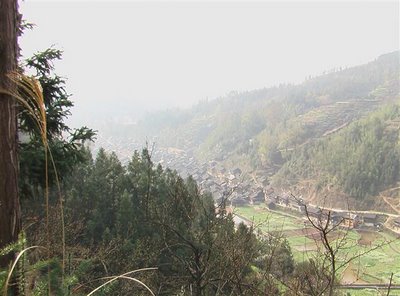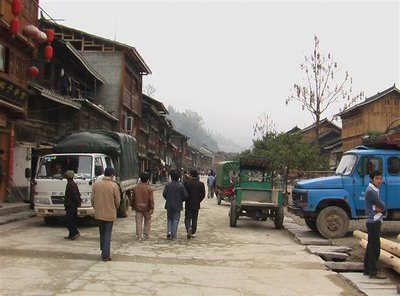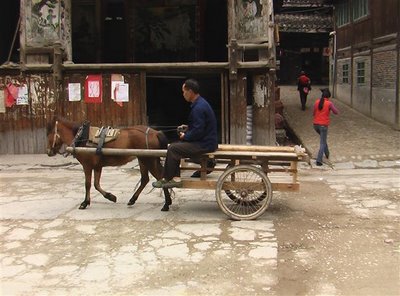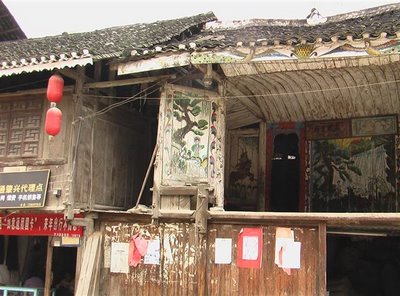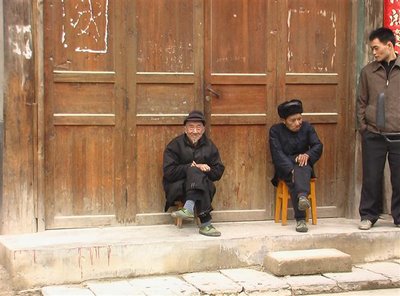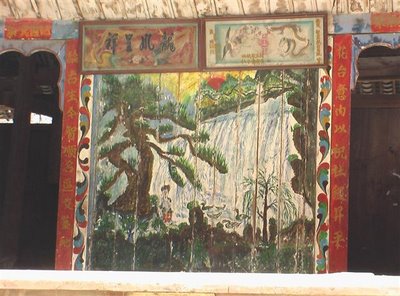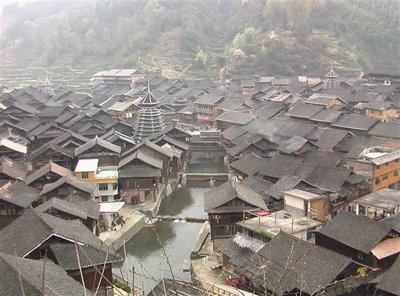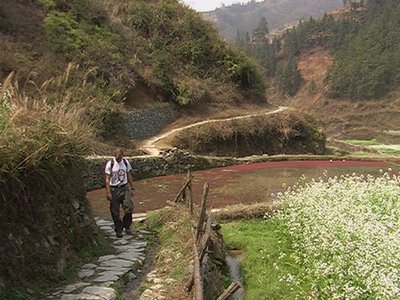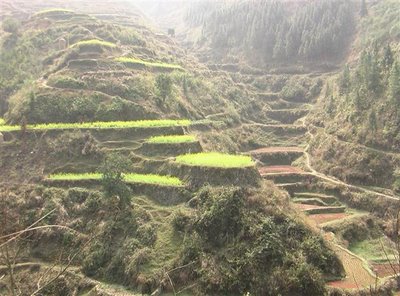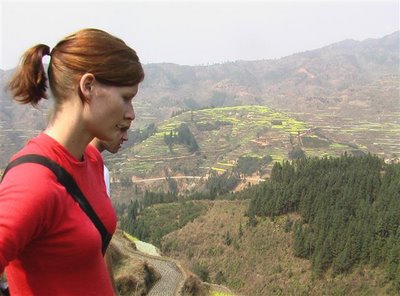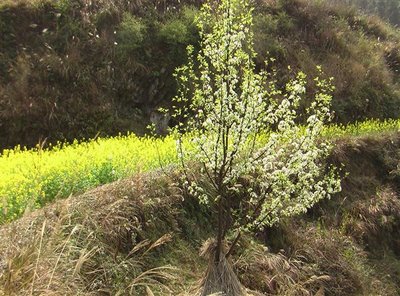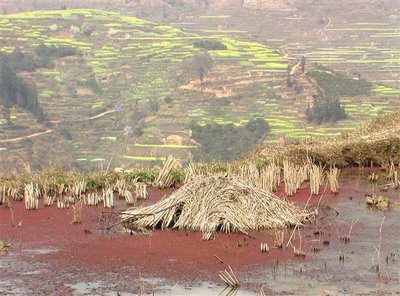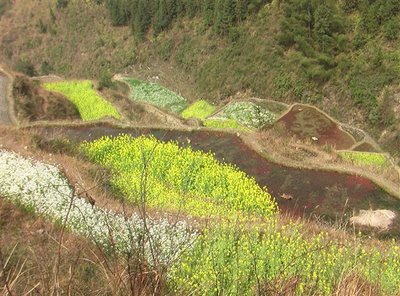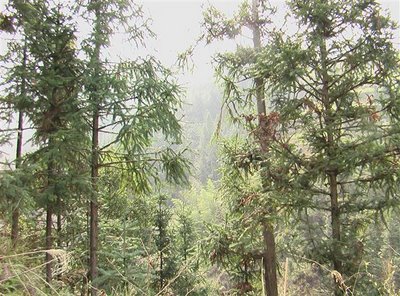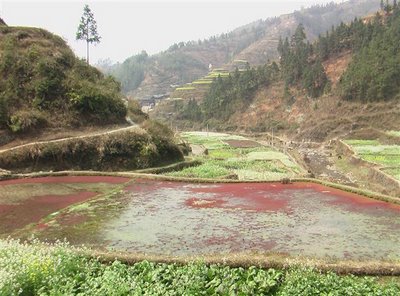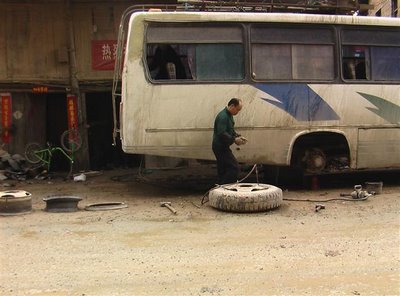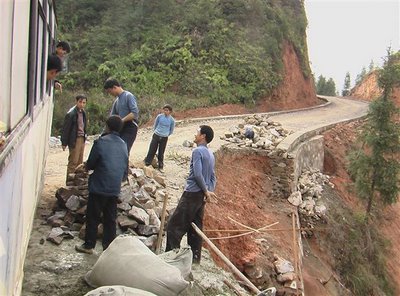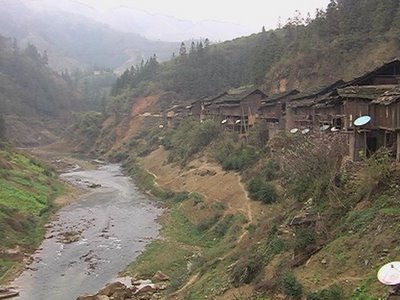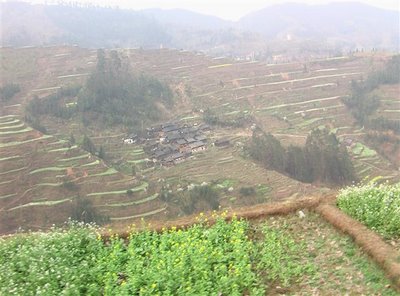Tiger Leaping Gorge
Tim and I delayed our trip to Tiger Leaping Gorge by a day or so, so we could spend an extra day with our mates Tess and Andy who we have been travelling on and off with since we left Vietnam.
However, when the day finally arrived, we were perplexed. If the entrance fee to get into the TLG was 50 yuan, how on earth could Mama drive you to the gorge AND get you inside for only 40 yuan?? I won't divulge, but it's ingeniously simple and just another example of how Mama takes care of her guests.
So after waiting as long as possible to get over our colds (thanks again for that one Andy!!), Tim and I set off for the gorge on a Sunday, along with another Aussie guy called Gene. We sneakily arrived at the start of the gorge trek at about 2pm and set off under clear blue skies.
Tiger Leaping Gorge is breath taking, in both senses of the word. The Jade Dragon Mountain backdrop is just beautiful (when it's not shrouded by clouds), and with the Yangtze surging along below us, it's a pretty difficult combination to beat.
We decided to (really) take our time with the hike, and do it over three days. This meant that for the first day we only walked for 2.5 hours, which in turn meant that there was plenty of time for food and beer at our first stop, the Naxi Family guesthouse. The room was pretty basic (and we didn't even try to use the showers once we heard what everyone else had to say about them), but the owners were lovely, and we had a great time chatting with all the other people who were doing the trek over dinner.
On our second day, Tim and I set off under threatening skies, ready for the most challenging part of the trek - the infamous '28 bends' (probably closer to 40). These bends in the path lead you up the mountain a further 1200 metres in elevation over about 4k's before leveling out for the rest of the time.
Having said that, I enjoyed the second days' trek much more, even though it took us about six and a half hours. It might have been because we had enough time to get a bit of a rhythym going... who can say.
That night we stayed at the Halfway guest house (which isn't), along with several other elderly couples we met previously at the Naxi Family guest house (I told you we set a blistering pace). For four years, Tim has been telling everyone about these incredible toilets, and even went so far as to tell other trekkers along the way to hold on until they reached Halfway. I think in the re-telling over all this time, the long drop became thousands of metres, the view down the valley became longer and grander, and I somehow always pictured western style toilets. So, I was not without some disappointment when I resurfaced from said loo, especially since I had been eyeing off bushes along the path for the last 2 hours. Granted, the view was still spectacular, but some things are probably better left unsaid.
One of the other things Tim remembered that drew us to this guest house was the warm family reception that he and Christa received last time. Unfortunately, this had also changed, as one of the cute little kids from four years ago had now turned into an annoying teenager that was rude to everyone there. After some words to the owner, and a free (and awkward) meal with the family, everything was apples again. I think the Chinese woman who translated parts of Tim's outburst got a free room for the night for her troubles, which she was embarrassed about. We have since heard from other backpackers that did the trek through the gorge, that most were unimpressed with the attitude they got from the other guesthouses aswell, so it wasn't just the Halfway house.
The next day of the trek was always going to be the easiest as it was either at the same level, or down hill... yay! We had to walk over a massive waterfall that covered the path at one point, and I was glad for the fact that there had been very little rain there recently. This last part of the gorge trek only took three hours and we even managed to over-take some people. Granted they were about 70 years old and had bad knees, but it made us feel good just the same.
It's such a shame that this beautiful gorge is going to be damned up... apparently they will start the first stage next month! The water level will rise another 400 metres and change the landscape forever, so I for one am very glad that I have seen it in it's original glory.
